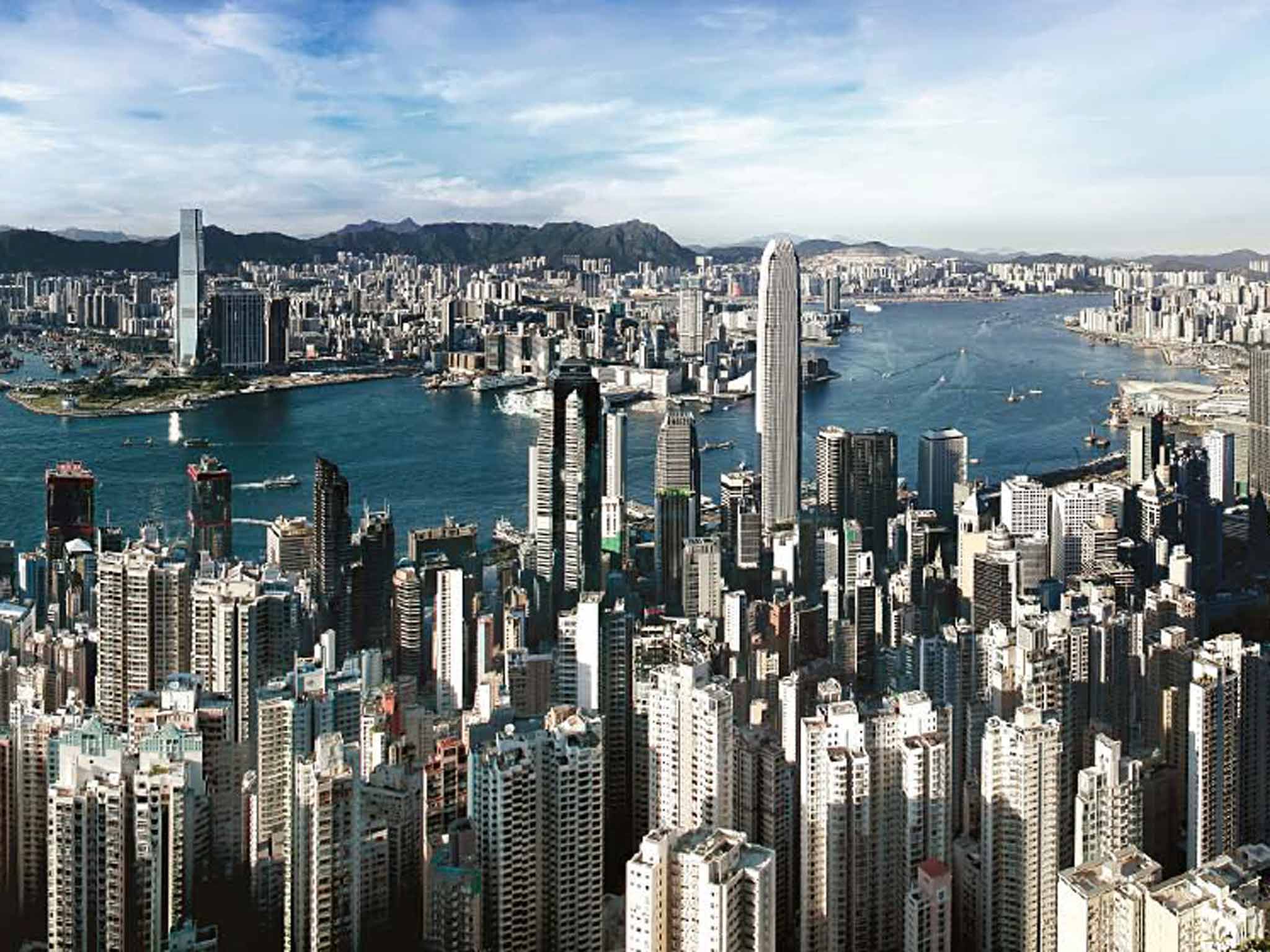Hong Kong to end mandatory quarantine for overseas arrivals within days
Incoming travellers will take an arrival test and must monitor their health for three days – during which they cannot visit bars and restaurants

Your support helps us to tell the story
From reproductive rights to climate change to Big Tech, The Independent is on the ground when the story is developing. Whether it's investigating the financials of Elon Musk's pro-Trump PAC or producing our latest documentary, 'The A Word', which shines a light on the American women fighting for reproductive rights, we know how important it is to parse out the facts from the messaging.
At such a critical moment in US history, we need reporters on the ground. Your donation allows us to keep sending journalists to speak to both sides of the story.
The Independent is trusted by Americans across the entire political spectrum. And unlike many other quality news outlets, we choose not to lock Americans out of our reporting and analysis with paywalls. We believe quality journalism should be available to everyone, paid for by those who can afford it.
Your support makes all the difference.Hong Kong, whose international tourism industry has effectively been closed for the past 30 months, is ending mandatory hotel quarantine for overseas arrivals from Monday 26 September.
John Lee, chief executive of Hong Kong, made the announcement at a news conference on Friday afternoon.
In a comprehensive easing of Covid travel rules for international arrivals, the requirement for a pre-departure PCR test will also be dropped – though it may be replaced by a cheaper, swifter rapid antigen test.
At present, arriving international travellers must pay for a three-day stay in a quarantine hotel and then spend four days under medical survellance.
Arrivals must also undergo multiple arrival tests. But that will be replaced by a single test at the airport. The passenger will not need to wait at the airport for a result.
They will, though, be required to monitor their health for the first three days, during which their movements in the city will be limited – they can use public transport from the airport and leave their hotels, but will not be allowed to enter bars or restaurants for the first three days.
The move was announced hours after Japan’s prime minister said restrictions on independent travellers from overseas would end on 11 October.
Yonden Lhatoo, chief news editor of the South China Morning Post, called the move “a significant easing of one of the world’s toughest anti-pandemic regimes after more than two-and-a-half years of attempting to keep the coronavirus at bay at the cost of alienating business travellers, shutting out tourists, and frustrating local residents”.
But he wrote: “The government will not commit to – or does not yet have – a road map or timetable for a full reopening of the city, which many are asking for, considering that the rest of the world has moved on and pretty much started treating Covid-19 like the common flu.”
Before the coronavirus pandemic, Hong Kong was served by dozens of flights each week from Heathrow, Gatwick and Manchester.
Hong Kong banned all flights from the UK in December 2020. They were allowed briefly in May and June 2021, but then barred again In July 2021. The prohibition lasted until April 2022.
At present Cathay Pacific has two daily departures from Heathrow to Hong Kong. The airport’s previous status as a key international hub has almost vanished from global aviation.
Last week Willie Walsh, chief executive of the International Air Transport Association (Iata), said: ““Cathay Pacific is a shadow of its former self.
“Hong Kong has lost its position as a global hub and will struggle to regain it because other hubs have taken advantage of it,”
International transit flights are allowed with strict conditions. The UK Foreign Office says: “All passengers transiting Hong Kong International Airport will be subject to advanced screening measures, including temperature checks.
“If you successfully pass health screening you need to sit in designated areas at boarding gates and use designated queues in dining facilities and shops.”
Mr Lee’s announcement spurred an instant surge in bookings – mostly from Hong Kong citizens wanting to fly abroad. The online travel agency Trip.com said the top five travel destinations being searched for were Tokyo, Bangkok, Osaka, Seoul and Singapore.
Hong Kong was previously a key destination for British Airways. The airline has announced its first passenger flight from London to Hong Kong for a year is cscheduled to depart on 5 December 2022. Flight BA31 will operate four times per week until 18 December, followed by a daily service from then onwards.
Hong Kong is a “special administrative region” of China. The remainder of the People’s Republic remains generally closed to international visitors.
Mr Lhatoo wrote: “The rest of China is still very much subject to a rigid, dynamic zero-infection policy. The leeway that Hong Kong is getting to open its international borders while still reporting thousands of daily infections is unthinkable for any other city in China.”
Join our commenting forum
Join thought-provoking conversations, follow other Independent readers and see their replies
Comments